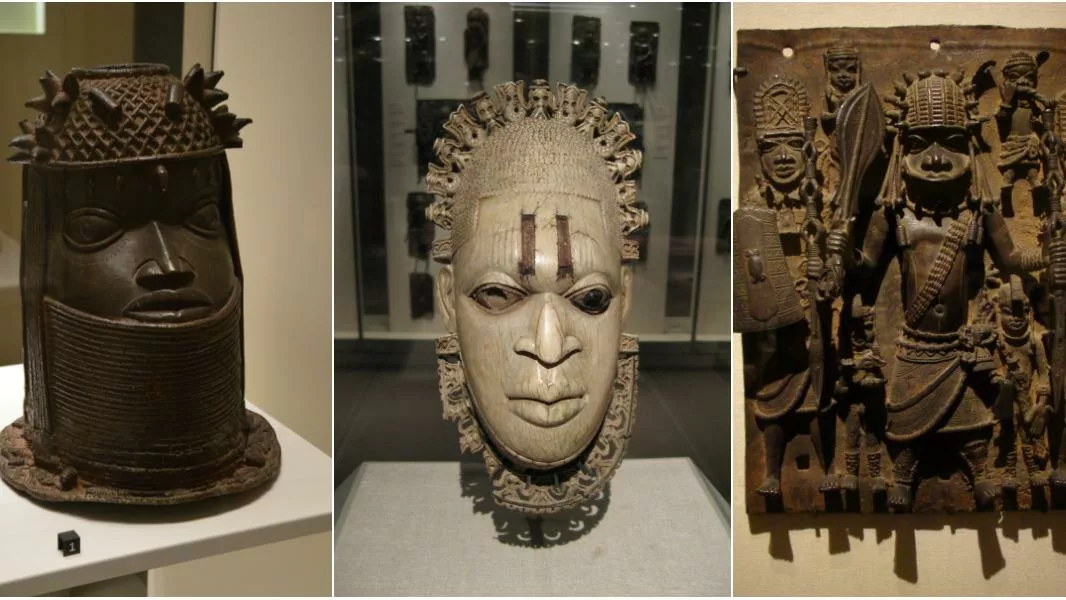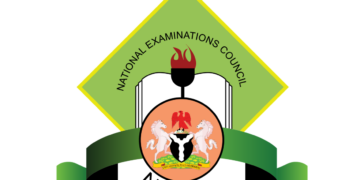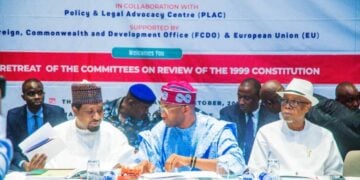German Embassy in Nigeria in collaboration with its international cultural agency, Goethe Institut, will host several roundtables and salons across the country in 2023, to observe changing narratives surrounding its return of about 1,000 Benin Bronze artefacts early next year.
The Consul General Weert Börner revealed this at the closing ceremony of the European Union National Institutes of Culture (EUNIC’s) Residency in Museum (RESIM) project which kickstarted in last year till 2024.
With a few days left for Germany’s return of over 1,000 Benin Bronze works to Nigeria, the ambassador said Germany is keen on the discerning the current narratives surrounding the artefacts, and Nigerians thoughts about their return.
Noting the return of the bronze works as part of narratives of decolonization and the discovery of one’s identity, Börner expressed excitement in discerning what new narratives are burgeoning amongst Nigerians with their return.
“The return of the first batch of more than 1000 Benin Bronzes to Nigeria is a part of the very larger context of what we are doing on the subject for a long time. this issue has so many layers and so many aspects that we really need to have an exchange over them.
“I saw that we in Germany as many other countries, have our motives of giving back these bronze works to Nigeria, because we realize that the injustice of the past, and the injustices of colonialism cannot be completely undone, but can somehow be rectified and compensated. That means that this discussion and narrative is very much focused on us. This is about us Germans, but it is also about Nigerians.
“There is a Nigerian side to it, and we are very eager to find out how Nigerians feel about this issue, and what does it mean to have these artefacts returned?
“This is why we are looking forward, with the Goethe Institut, and Nigerian partners in 2023 to host a number of roundtables and salons in Nigeria, where we would provide the platform for Nigerians to express themselves on this issue, so that the society and the people are involved in this discuss. Whatever we do in the culture field, shouldn’t be a government-to-government thing but it concerns people, and the people have to be involved,” he concluded.





